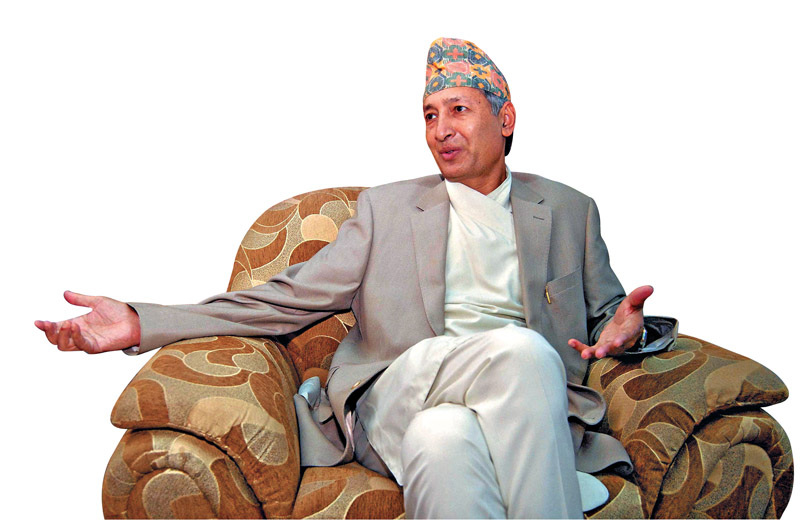Finance minister unhappy with central bank’s policy to curb micro credit
Kathmandu, March 11
Finance Minister Yubaraj Khatiwada has publicly criticised Nepal Rastra Bank (NRB)’s policy to curtail the loan availability to microfinance institutions (MFIs) from commercial banks.
The central bank had introduced a policy to compel commercial banks to lend two per cent of the total loan to deprived sector directly through the monetary policy of last fiscal. Earlier, there was a provision that allowed commercial banks to meet the deprived sector credit requirement, which was five per cent of the total loan portfolio, through MFIs.
Meanwhile, NRB has rolled back its earlier decision and made two per cent direct lending provision voluntary from the current fiscal’s monetary policy. But the finance minister believes that it is a major hindrance for expansion of micro credit to the rural poor.
Microfinance institutions normally work with the cooperatives at the local level and the cooperative members obtain loans against group guarantee from the microfinance institutions. Speaking at a programme organised by Sana Kisan Bikas Bank Ltd (SKBBL) — a microfinance institution — to mark its 17th anniversary, newly appointed Finance Minister Khatiwada stated that the policy was introduced to take revenge on the CPN UML’s policy to promote cooperatives to boost production at the local level.
Recalling that the UML government led by Madhav Kumar Nepal, then finance minister Surendra Pandey and himself as then vice chair of the National Planning Commission had decided to lend Rs one billion to SKBBL to provide micro credit to rural smallholder farmers to boost production of milk and promote livestock farming to be self-reliant on meat, the finance minister stated that the rival parties have tried to bring them into controversy.
“I come from a family of a smallholder farmer and I know the plight of smallholder farmers and the current government will prevent line agencies from introducing such policies that affect smallholder farmers,” said Khatiwada.
The finance minister advocated the role of cooperatives to boost production, hinting that the KP Sharma Oli-led government might raise incentives for cooperatives, under which the CPN UML leaders, who are operating their businesses under the guise of cooperatives, could also capitalise on state-sponsored subsidies.
Khatiwada further stated that the vote of confidence garnered by Prime Minister Oli shows the country has moved ahead towards political stability and this is an important factor to attain economic prosperity.






